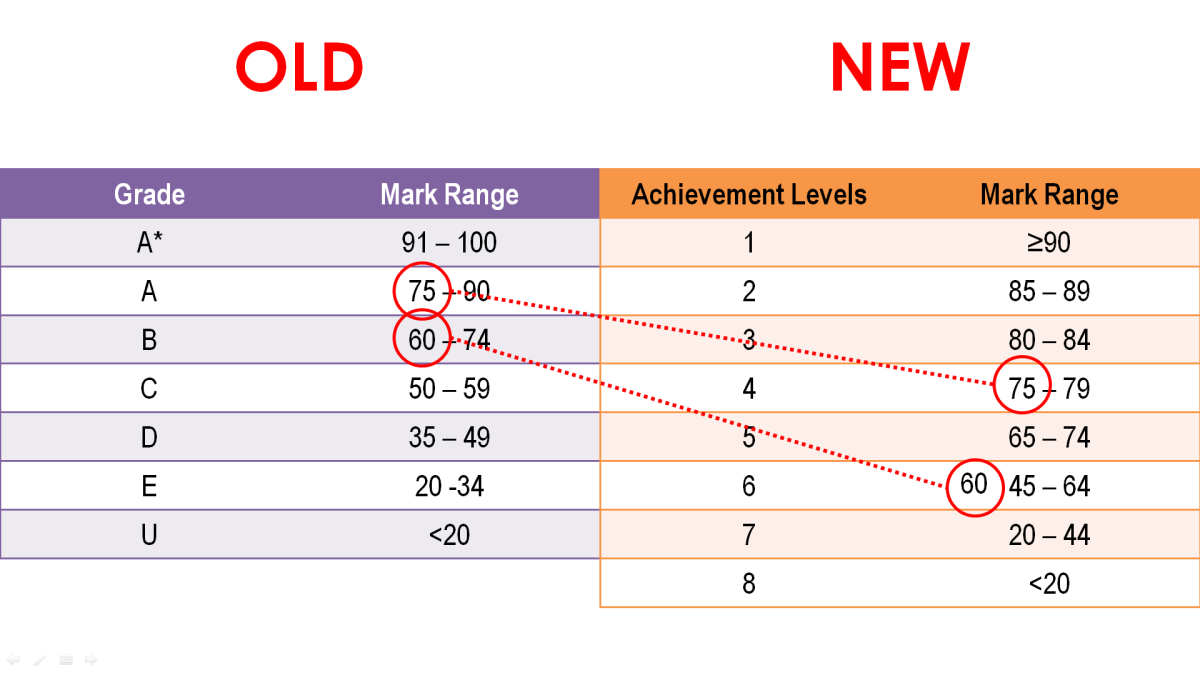The PSLE AL score is a critical assessment tool in Singapore’s education system. Administered to primary six students, it evaluates their proficiency in four key subjects: English Language, Mother Tongue Language (typically Mandarin, Malay, or Tamil), Mathematics, and Science. Each subject is graded on a scale from Achievement Level 1 (AL1) to Achievement Level 8 (AL8), with AL1 representing the highest level of mastery and AL8 the lowest.
The PSLE AL score synthesizes a student’s performance across these subjects into a cohesive numeric score. This score serves as a pivotal determinant for secondary school placement, guiding students towards suitable educational pathways based on their academic strengths and areas for improvement.
Understanding Achievement Levels (ALs)
Achievement Levels (ALs) within the PSLE framework provide nuanced insights into a student’s academic proficiency. AL1 and AL2 denote exceptional mastery, indicating a deep understanding of subject content and superior application skills. Students achieving AL3 to AL6 demonstrate varying degrees of competency, with AL3 representing strong performance and AL6 indicating satisfactory attainment. Conversely, AL7 and AL8 signify below-average to poor performance, highlighting areas where additional support and improvement are necessary.
The granularity of ALs allows educators and parents to pinpoint specific strengths and weaknesses across subjects, enabling tailored educational interventions and strategies to maximize student potential.
Calculation of PSLE Score
The PSLE score aggregates the ALs obtained across all four subjects. For instance, a student scoring AL1 in all subjects would achieve a perfect score of 4 (AL1 + AL1 + AL1 + AL1 = 4), while a student scoring AL8 across all subjects would attain a maximum score of 32 (AL8 + AL8 + AL8 + AL8 = 32). This cumulative score serves as a standardized metric for evaluating academic performance and determining secondary school placement.
By calculating the PSLE score based on ALs, the Ministry of Education ensures fairness and transparency in assessing student achievement, facilitating equitable opportunities for educational advancement.
Significance of PSLE AL Score
The PSLE AL score holds significant implications for students’ educational trajectories and future opportunities. As a primary determinant for secondary school admission, it influences eligibility for specialized academic programs, such as the Integrated Programme (IP) or Express, Normal (Academic), and Normal (Technical) courses. The score serves as a foundational indicator of academic potential, guiding students towards secondary schools that align with their learning needs and aspirations.
Moreover, the PSLE AL score informs parental and educator decisions regarding educational pathways and support mechanisms. It fosters collaboration among stakeholders to enhance student learning experiences and academic outcomes, ensuring holistic development and preparation for future challenges.
Interpretation and Application
Interpreting the PSLE AL score involves analyzing its implications beyond numerical metrics. Educators utilize AL data to tailor instructional strategies and curriculum frameworks that address individual learning profiles and academic strengths. By identifying subject-specific trends and performance patterns, educators can implement targeted interventions, such as differentiated instruction and remedial support, to foster academic growth and student engagement.
Parents play a crucial role in interpreting the PSLE AL score, leveraging insights to facilitate informed discussions with educators and students regarding educational goals and aspirations. Through collaborative efforts with schools and educational professionals, parents can advocate for personalized learning opportunities that optimize student potential and promote lifelong learning.
Preparation and Strategies
Effective preparation for the PSLE encompasses comprehensive study plans, strategic revision techniques, and proactive engagement in academic enrichment activities. Students benefit from structured study schedules that balance subject-specific revision with holistic development, including physical exercise and recreational pursuits. By cultivating time management skills and fostering a growth mindset, students can navigate academic challenges with confidence and resilience.
Educators support PSLE preparation by offering targeted resources and learning materials that cater to diverse learning styles and cognitive abilities. By integrating formative assessment practices and feedback mechanisms, educators empower students to identify areas for improvement and refine critical thinking skills. Collaborative partnerships between educators, students, and parents foster a supportive learning environment that prioritizes academic excellence and holistic development.
Beyond PSLE: Impact on Future Education
The PSLE AL score serves as a foundational benchmark for future educational pursuits, influencing admission to junior colleges, polytechnics, and universities. Students leverage their PSLE achievements to explore specialized academic pathways, such as Arts, Science, or Technology streams, that align with their career aspirations and personal interests.
Furthermore, the PSLE AL score underscores the importance of lifelong learning and continuous personal development. By cultivating a passion for learning and embracing intellectual curiosity, students embark on a journey of discovery and innovation that transcends academic achievements.
Conclusion
The PSLE AL score embodies Singapore’s commitment to educational excellence and student empowerment. By embracing a holistic approach to academic assessment and personalized learning, stakeholders collaborate to nurture resilient, adaptable, and compassionate global citizens.
